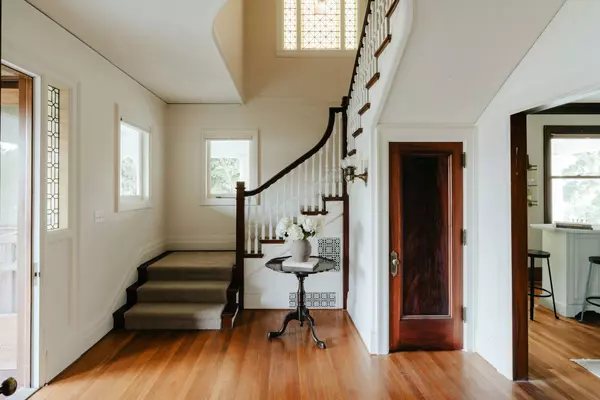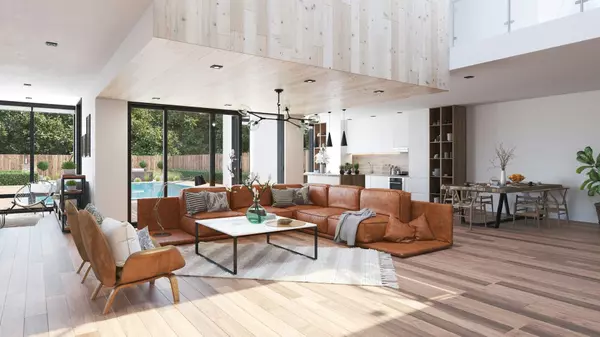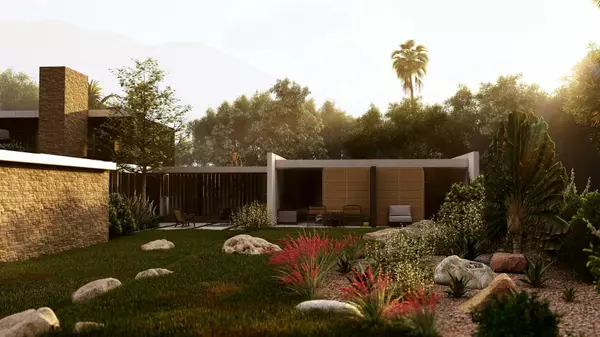The True Cost of Buying a Home: What to Expect Beyond the Mortgage

Buying a home is one of the most exciting milestones in life. Whether you're a first-time buyer or a seasoned homeowner, the thrill of searching for that perfect space never gets old. But amid all the excitement, many people forget about the "hidden" costs associated with homeownership. Sure, you’ve planned for your monthly mortgage, but did you know that there are several other costs you'll need to account for when buying a home?
As a real estate agent who’s been through this process with plenty of clients, I want to make sure you're fully prepared for what’s ahead. So, let’s break down the true cost of buying a home, so there are no surprises along the way.
1. Mortgage Payments: Principal and Interest
Let’s start with what everyone knows—the mortgage payment. Your monthly payment typically covers both the principal (the amount of money you borrowed) and the interest (the fee you’re charged for borrowing). What many buyers don’t realize is how much that interest can add up, especially over the life of the loan.
For instance, a 30-year mortgage at 4% interest means you'll be paying quite a bit in interest over the years. If you want to pay off your home faster and cut down on that interest, you can make extra payments toward the principal each year—this is a fantastic strategy to save money in the long run.
2. Down Payment: How Much is Enough?
The down payment is another obvious cost, but let’s talk strategy. While it’s possible to buy a home with as little as 3-5% down, putting down 20% can save you big time on mortgage insurance (which I’ll cover below) and might get you better mortgage terms.
The more you put down, the lower your monthly payments will be, and you’ll have more equity in your home right away. But if you can’t hit the 20% mark, don’t worry—I’ll walk you through your options.
3. Closing Costs: More Than Just Signing Paperwork
When you close on your home, you’ll have to cover closing costs, which generally range from 2-5% of the home’s purchase price. These costs include things like title insurance, attorney fees, appraisal fees, and more.
Here’s a quick breakdown:
- Title insurance: Protects against any legal claims against your ownership.
- Appraisal fees: Ensures the home's value aligns with the purchase price.
- Escrow fees: These are the fees for holding onto your down payment until the sale is final.
It’s a good idea to set aside a few thousand dollars for closing costs to avoid any last-minute surprises.
4. Property Taxes: Pay Attention to Local Rates
Property taxes can vary dramatically depending on where your home is located, and they're one of those ongoing costs that can be easy to overlook.
Most mortgage lenders will collect your property taxes in an escrow account, which means they’ll bundle those payments into your monthly mortgage. So, while your principal and interest may stay steady, property taxes can go up annually, based on the property’s assessed value or local tax changes.
Be sure to factor property taxes into your budget, and if you’re not sure what the rates are in your area, I’m always happy to help you look that up.
5. Homeowners Insurance: Don’t Skimp!
Homeowners insurance is essential, not just because lenders require it, but because it protects you against damage, theft, or liability claims. The cost of homeowners insurance can vary based on the age of the home, the location, and the amount of coverage you choose.
To save on insurance, consider bundling it with other types of insurance (like auto). But remember, you don’t want to sacrifice coverage just to save a few bucks. You’ll want enough to rebuild your home if the unthinkable happens.
6. Private Mortgage Insurance (PMI): What It Is and How to Avoid It
If you put down less than 20% on your home, chances are you’ll need to pay for private mortgage insurance (PMI). PMI is a lender’s way of protecting themselves in case you default on the loan, but it comes at a cost—typically 0.5% to 1% of the loan amount per year.
The good news? Once you’ve built up 20% equity in your home, you can cancel your PMI. Alternatively, you could explore loan options that don’t require PMI, but those may come with higher interest rates.
7. Maintenance and Repairs: Keeping Your Home in Top Shape
Homes require constant upkeep—think HVAC servicing, roof repairs, and plumbing fixes. On average, homeowners should budget 1-2% of their home’s value for maintenance each year. If you’re buying an older home, you might want to budget even more, as systems and appliances tend to wear out over time.
I always suggest creating an emergency fund just for home repairs. Trust me, when the water heater decides to quit in the middle of winter, you’ll be glad you set aside some cash.
8. Utilities: Don’t Forget These Monthly Expenses
Heating, cooling, water, electricity, and internet—utilities can add up quickly. When you’re calculating what you can afford in terms of a mortgage payment, don’t forget to factor in utility bills, especially if you’re moving from an apartment to a larger home.
If you’re conscious about energy costs, consider energy-efficient appliances or even solar panels to help offset those expenses in the long run.
9. Homeowners Association (HOA) Fees: Luxury or Necessity?
Many communities, especially condos and townhouses, come with HOA fees. These fees are used to maintain common areas like pools, gyms, and landscaping, and can range from a few hundred to several thousand dollars a year.
Be sure to ask about HOA fees before purchasing, and find out what they cover. While these fees can seem like an extra burden, they often include services that would otherwise cost you more (think lawn care and snow removal).
Planning for the True Cost of Homeownership
Buying a home is a major financial decision, but with the right planning, you can avoid surprises and stay in control of your budget. The mortgage is just the beginning—the true cost of owning a home includes everything from taxes to repairs, so it’s crucial to look at the full picture.
As your real estate agent, I’m here to guide you every step of the way. Whether you’re just starting to explore the idea of buying a home or are ready to dive in, I’ll make sure you know exactly what to expect and how to budget for it all. The goal is for you to move into your dream home feeling prepared, informed, and confident.
Ready to start your home buying journey? Let’s chat!
Categories
Recent Posts











"My job is to find and attract mastery-based agents to the office, protect the culture, and make sure everyone is happy! "
Scott Greenspan
Broker Owner
